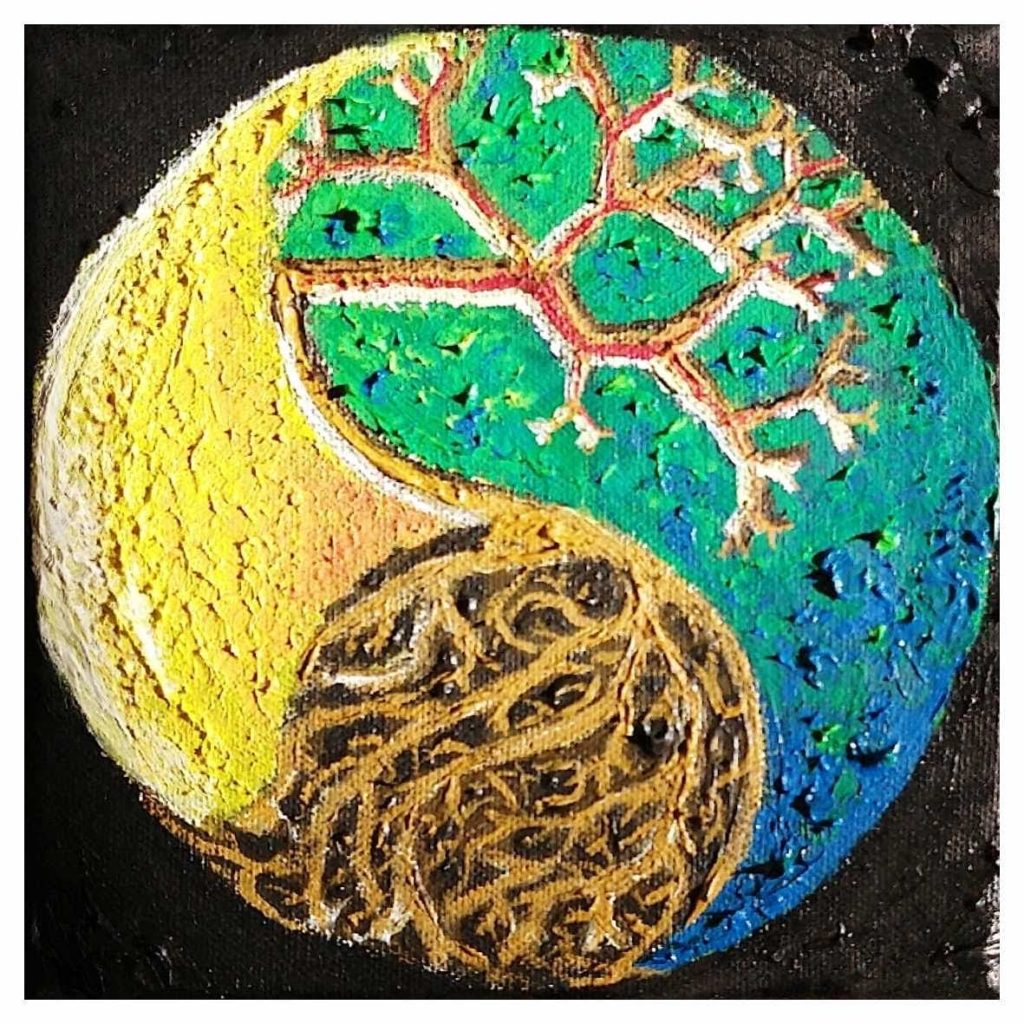
When I was 5
I took God as a given. I was taught that he was there, so there he was. Simple.
When I was 10
I started having doubts about God. Can god create a rock that he himself cannot carry? I started noticing the paradox of an almighty, the flaws of the bible.
When I was 15
I was an atheist. A teenage materialist. God was a hoax. The bible a scam. Believers were ignorant people who didn’t believe in science and facts.
When I was 20
I started having doubts about atheism. Why is it that the more we dig, the less we know? I started noticing the paradox of “Being” and consciousness, the flaws of science.
When I was 25
I became an agnostic “omnist” of sorts. I figured nothing is known or can be known of the existence or nature of God or of anything beyond material phenomena – therefore life is so subjective that any truth pertains only to the mind perceiving it. So in a certain way – everything is true, and yet since truth evolves there is no absolute one. Everything you think – is correct (for you) until proven wrong. The truth is amorphic and fickle…
When I was 30
I started opening up to “pragmatic” spiritualism. The only fact that we know is that we don’t know, so if there’s a tangible benefit to experimenting/learning “alternative” practices that can help increase my quality of life – why not? Science will forever be limited, because it’s confined to our tools, senses and cognitive capacity. The fact that something cannot be proven right, doesn’t necessarily mean it can be proven wrong. The truth doesn’t matter. What matters is our ability as individuals to live a happy, meaningful life in a way that contributes positively to our environment.
If you worship a cat whisker you found in cow dung, and that helps you do the above – more power to you.
Today
I am still of this opinion – with one additional layer: Because I know that I don’t know (there are very few facts I know for sure) I am much more interested in ideas than I am in facts. But ideas are a dime a dozen, so I try to focus and learn from resilient ideas. You see – ideas, just like species (which one could argue are also ideas/concepts/subjective categorizations), evolve and only the fittest survive.
And what qualifies an idea as “fit”? Simply it’s ability to cling to a host (you, me, us…) and spread over time.
When it doesn’t – it dies and stops being.
What do the bible, cliches and Pinocchio all have in common?
All have withstood the test of time. And this (the way I see things today) indicates that something about them is sticky. Something about them contains a fundamental truth (or truths) substantial and important enough for us to keep them alive. Fiction or not, they resonate with our very Being, which means that something about them as true as anything we know for sure. There’s a lot we can learn from them about who we are and our place in the world around us.
So…
Other perspectives. Other narratives. Old ideas. New ideas.
Be cautious and critical, but don’t dismiss them off the bat.
Be curious. Study them. They may paint a more “complete” truth. They may teach you who you are. They may get you closer to God.

Be First to Comment